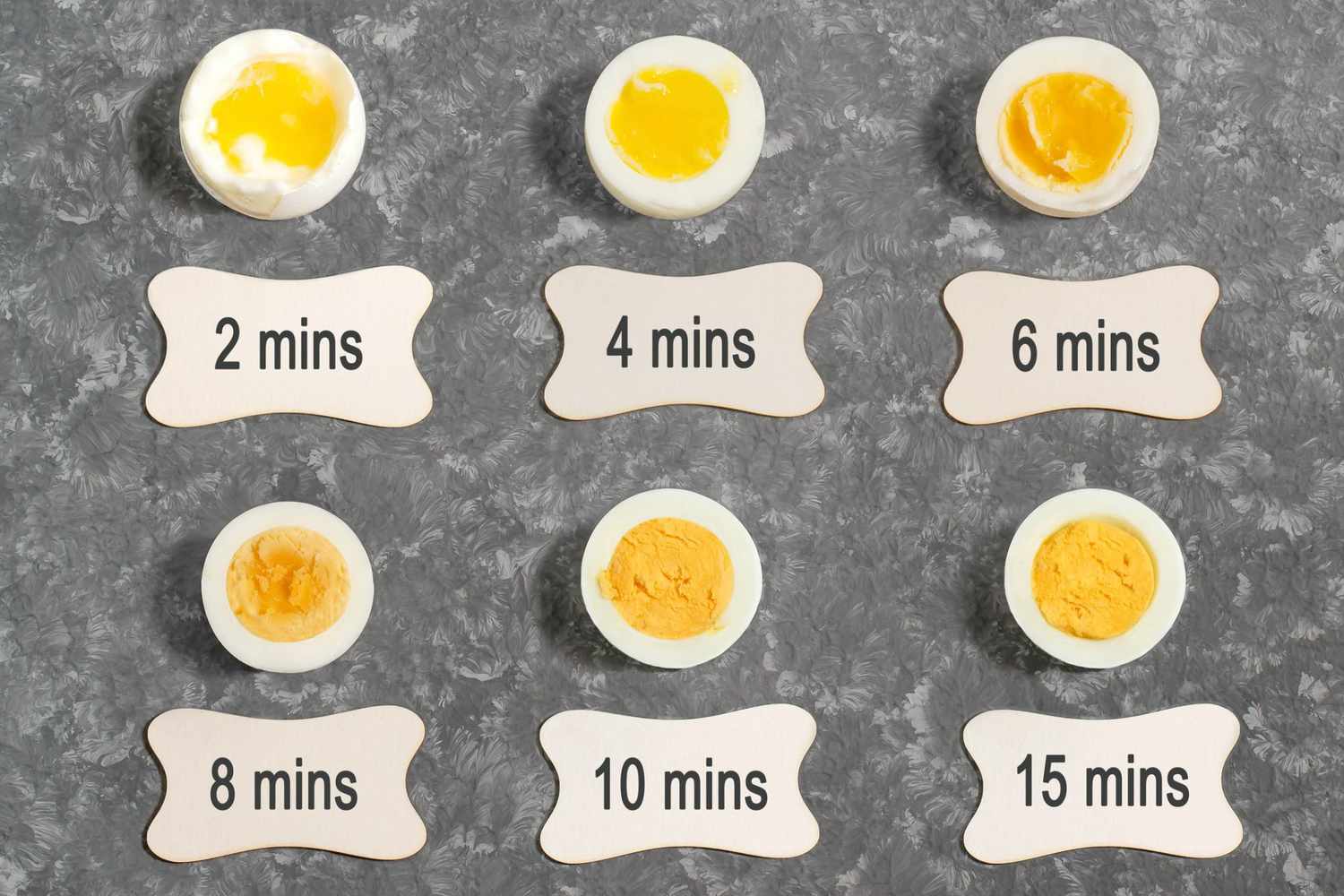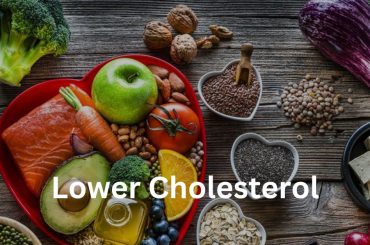Introduction
How to Boil Eggs: A quick and flexible cooking method that can be used to make a variety of foods or eaten on its own is boiling eggs. Learning how to perfectly boil eggs is a useful skill whether you’re a newbie cook or a seasoned chef. In this post, we’ll walk you through the step-by-step process of boiling eggs while giving you advice and guidance so that you always get the consistency you want.
Advantages of Boiling Eggs
In addition to being delicious, boiled eggs are a great source of vital nutrients. They are a fantastic source of vitamins, minerals, and high-quality protein. Boiling eggs can help you live a healthy lifestyle by promoting muscular building, healthy weight management, and general well-being.
Choosing the Correct Eggs
Start with fresh eggs for the best results. Check the expiration date on the eggs you buy, and choose ones that are not near to going bad. Fresh eggs have a superior texture after boiling and are simpler to peel.
Getting the Eggs Ready
It’s crucial to carefully prepare the eggs before boiling them. The eggs should first be gently cleaned under cold running water to get rid of any dirt or contaminants. By doing this, the eggs are made clean and safe for consumption.
Detailed Instructions for Boiling Eggs
- In a pot or saucepan, arrange the eggs in a single layer. A crowded pan may result in inconsistent cooking; avoid it.
- Pour into the pan enough cold water to completely cover the eggs and leave about an inch of space above them.
- Bring the water to a gentle boil in the pan by setting it on the stovetop at medium heat.
- Depending on the consistency you like, simmer the eggs for the desired amount of time after the water comes to a rolling boil on low heat.
How to Get the Wanted Consistency
The consistency of cooked eggs is a function of boiling time. Here is a tip to assist you in getting the desired outcomes:
- Soft-boiled eggs: For a flowing yolk and barely set whites, cook for around 4-5 minutes.
- Eggs medium-boiled: Cook for around 6-7 minutes to achieve a partially set but somewhat soft yolk.
- Hard-boiled eggs: For a fully set yolk and firm whites, cook for 9 to 12 minutes.
Temperature and time
For correctly boiled eggs, maintaining the proper timing and temperature is essential. A mild simmer should be maintained throughout the cooking time by adjusting the heat. You can accurately keep track of the cooking time by using a timer or a kitchen clock.
Peeling while cooling
It’s time to chill and peel the eggs after you’ve cooked them to your preferences. The eggs should be taken off the heat and placed in a dish of icy water. To stop the cooking process and make the eggs simpler to peel, allow the eggs to cool for at least five minutes.
Gently tap the eggs on a hard surface to make small cracks, then peel them off. Start peeling the egg from the end that is wider since this end usually has an air pocket that makes peeling easier. The egg can also be rolled on a flat surface to aid in loosening the shell.
Typical Errors to Avoid
Overcooking: Overcooking may leave egg whites with a rubbery texture and a distasteful greenish-gray ring around the yolk.
Undercooking: A runny or undercooked yolk may result from insufficient cooking.
Rapid temperature swings can result in cracked, hard-to-peel eggs when hot-boiled eggs are dropped into cold water.
Additions and variations
Boiling eggs can be eaten plain or spiced up with different spices and seasonings. To improve the flavor, think about adding salt, pepper, or your preferred herbs and spices. To generate distinct textures, you can also experiment with various cooking techniques like steaming or using an egg cooker.
Suggestions for Serving
There are several ways to serve boiled eggs. You can eat them sliced on toast, in salads, as deviled eggs, or as a protein-rich garnish for bowls and sandwiches. Get inventive and add cooked eggs to your favorite dishes for more taste and nutrition.
Storage of Boiling Eggs
Boiling eggs that aren’t used up right away can be kept in the fridge for up to a week. To avoid absorbing flavors from other foods, keep them in a closed container. To preserve freshness and avoid cross-contamination, it is essential to store peeled eggs apart from unpeeled eggs.
Conclusion
Anyone can learn the fundamental cooking skill of boiling eggs with a little practice and attention to precision. You may reliably produce boiled eggs with the proper consistency by following the detailed instructions provided in this article. Enjoy the nutritious advantages and consider the several ways you can include cooked eggs in your meals. Create tasty recipes that satisfy your palate by experimenting with various tastes and modifications.
If your initial attempts are not ideal, keep in mind that practice will make perfect. You’ll master the art of perfectly cooking eggs with practice and time.
Go ahead and start boiling some eggs to enjoy how easy and adaptable they are to your culinary endeavors!
Read This: How to Behave in Public as a Man | Social Skills





